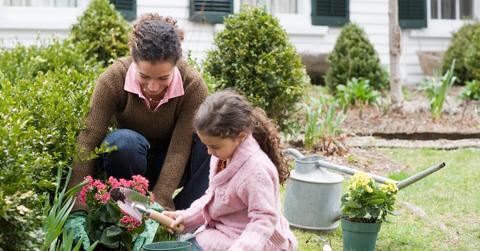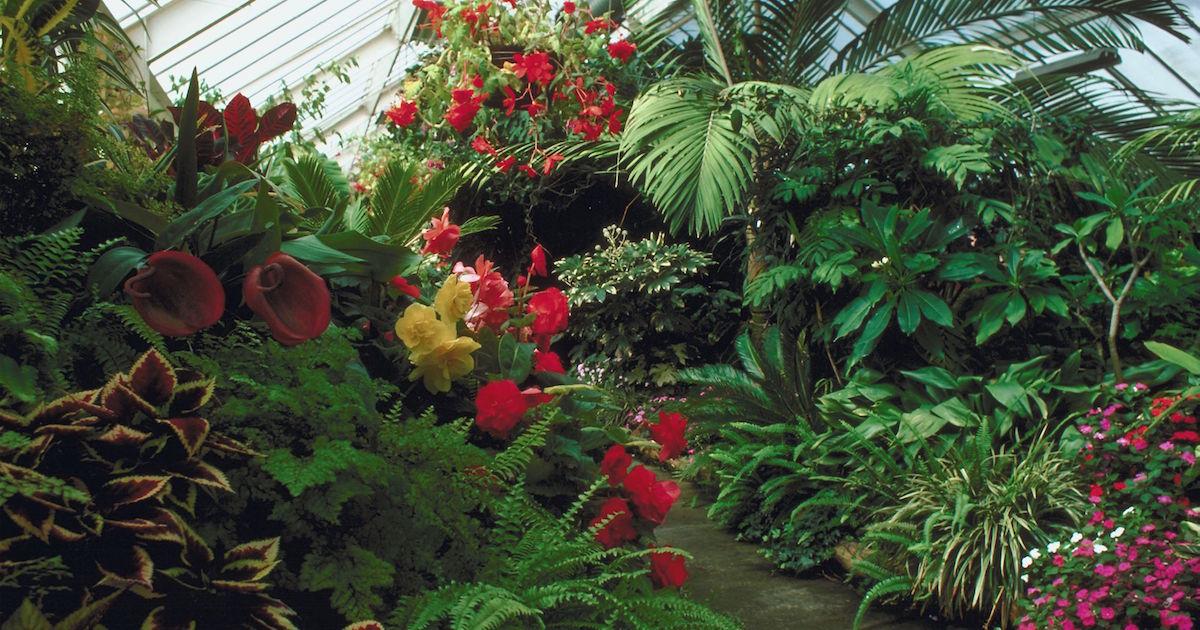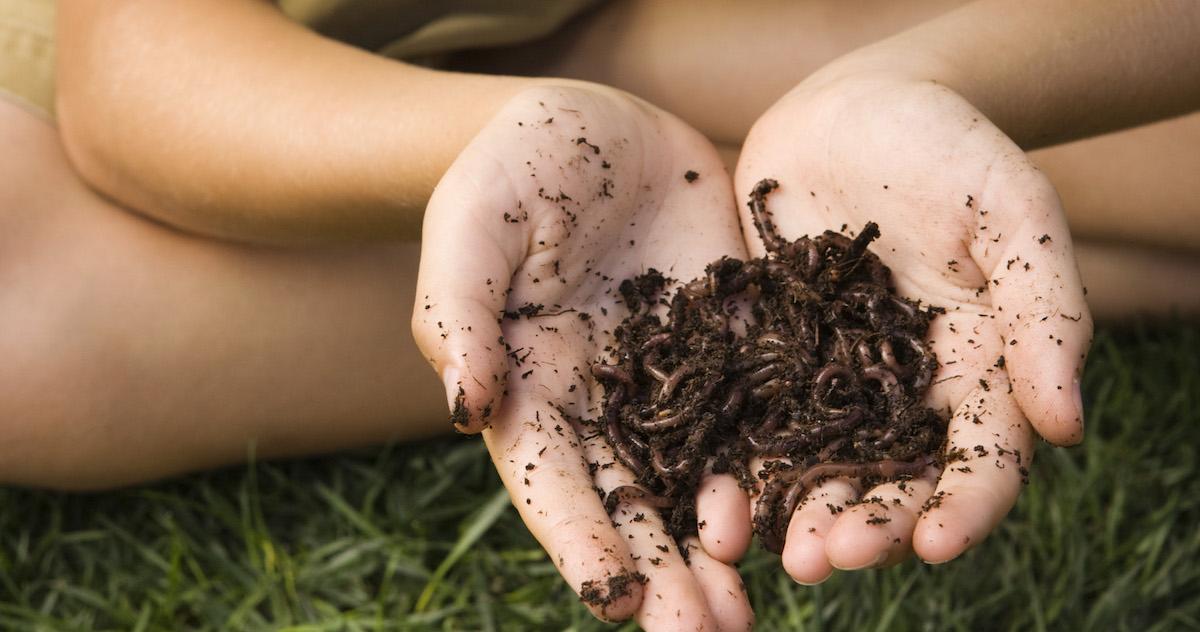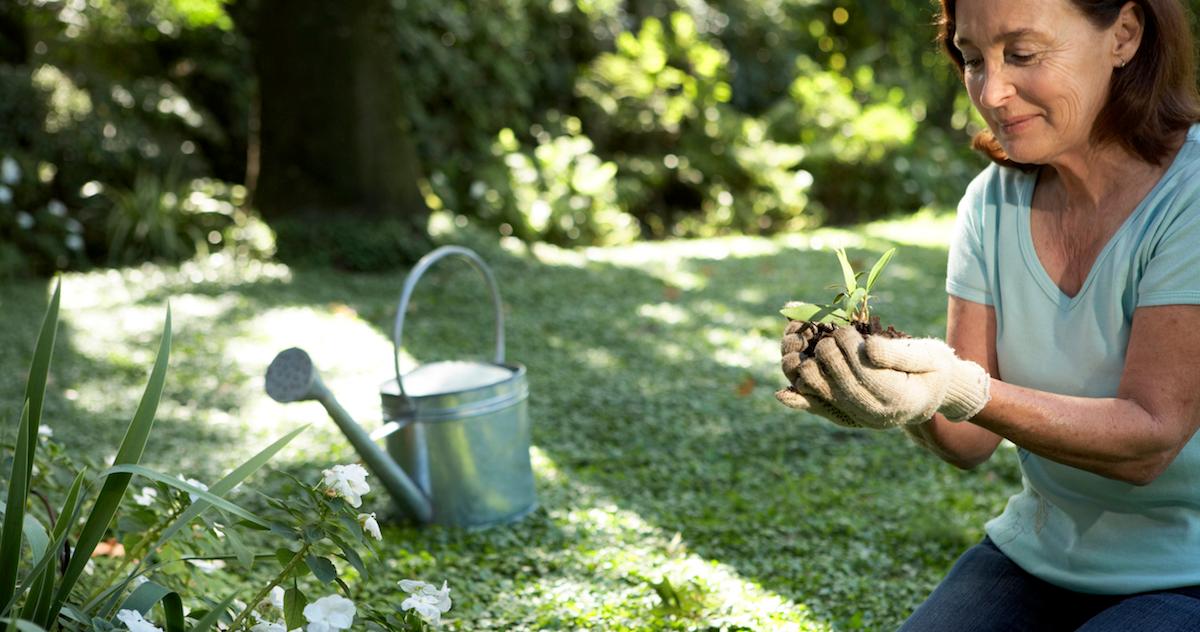How Home Gardening Can Benefit the Environment
Published May 28 2021, 12:12 p.m. ET

When looking for productive hobbies, people turn to gardening for several different reasons. They might garden because they want to grow their own produce. It might be a purely aesthetic undertaking, meant to improve the look of their property and fill in the space with something lush, green, or colorful. The thing is, many gardeners aren’t aware of how much gardening can actually help the environment. Keep reading to find out why home gardening is so beneficial.
How does gardening help the environment?
Gardening is a way of improving the environment we live in via the addition of plants, flowers, fruits, and vegetables. When we garden — especially organically — we improve the air and the soil quality. We are growing our own food, beautifying our space, and instead of taking something away from the natural world, we are adding and tending to something green and beautiful.

Gardening cleans the air and soil.
According to U.S. Green Technology, plants take in carbon dioxide from the atmosphere and produce oxygen as a byproduct of their respiratory and photosynthetic processes. Through this process, plants absorb any chemicals, bacteria, or harmful elements floating on the breeze, which they then filter into useful waste products like water and oxygen.
Plant roots also help to take in any errant chemicals or heavy metals that might be lurking in your soil. Considering how deep humanity’s carbon footprint is these days, something that takes away CO2 and harmful chemicals could definitely be considered helpful for the environment.
Gardening replenishes and protects the soil.
Plant roots also benefit the soil. Plant roots help bind soil together, making it less likely to wash away in heavy rains. According to U.S. Green Technology, extensive root systems keep topsoil from moving around during times of heavy rain or flood. The more root systems you have in your yard, the more soil you’ll be able to conserve.
Plant roots can also add moisture and nutrients to the soil. Annuals, which die and decompose every year, eventually break down and turn into nutrients that subsequent plants can feed on in the following season. This reduces soil usage and increases overall health.

Gardening helps mitigate global warming.
Global warming is caused by too many greenhouse gases like carbon dioxide, trapping heat in the atmosphere. Over time, this warming contributes to widespread climate change, which can result in melting ice caps, rising sea levels, and increasingly severe storms and wildfires.
Even planting a few trees, shrubs, flowers, and vegetables on your property can help mitigate this effect. These backyard plants can take in CO2 just like any other. The difference might be small but in a situation like ours, every little bit counts. Growing your own food can also minimize your environmental impact, because it means fewer trips to the grocery store, where produce is often flown in from great distances. Locally-grown produce is always better for the environment than imported produce, and growing your own veggies in your backyard is about as local as you can get.

Gardening reduces the size of landfills.
According to Perfect for Home, 30 percent of landfills are filled with scraps and yard waste. Much of this yard waste is natural, but when it piles up in garbage dumps, it emits methane, a harmful greenhouse gas that contributes to global warming. By composting, mulching, or recycling, gardeners can help reduce the amount of waste that ends up at the dump, while making their own gardens healthier.
Gardening protects local wildlife and pollinators.
Birds, bees, butterflies, spiders, and squirrels are all going to be appreciative of your gardening efforts. In an age where so many natural habitats have been bulldozed, gardening gives animals a place to feel comfortable and at home. By planting trees and fragrant flowers, we can give something back to these critters, and enjoy their company and the benefits they provide.